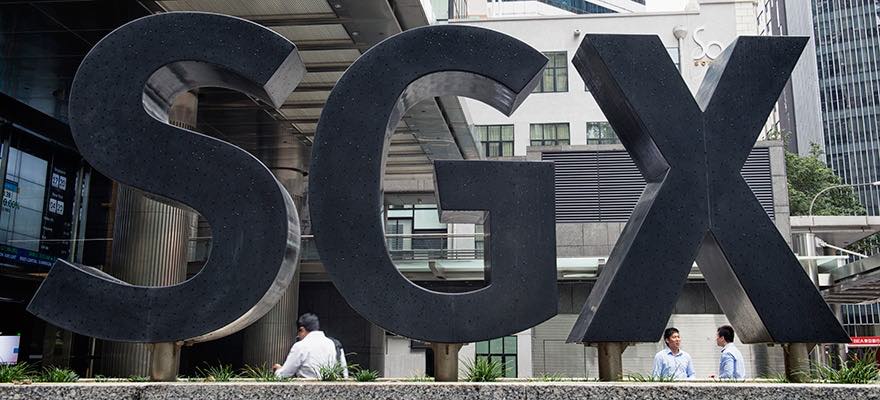(SGX) proposed amendments to the clearing rules for derivatives and securities on Thursday. The suggested changes, which are now open for public feedback, aim to enhance the default management capabilities of both clearing houses.
Part of the proposed changes concerns the Central Depository (CDP) Clearing Rules for securities trading. The amendments aim to give the CDP the power to write off defaulted members’ unsettled buy trades, at a loss to the CDP, if those securities are not force-sold within seven days of the default being declared.
Modifying default waterfalls
Another change includes introducing an auction protocol for liquidating a defaulted Singapore Exchange Derivatives Clearing (SGX-DC) Member’s positions in exchange-traded contracts and over-the-counter commodities contracts. To address losses arising from such an auction, proposes adding a loss distribution mechanism.
This may be achieved by modifying the SGX-DC “waterfall,” which allocates losses from a Clearing Member default. The exchange proposes incorporating “sub-waterfalls” for losses from those auctions, to be folded into the existing “waterfall.”
The default waterfall of the clearinghouse refers to the financial safeguards available to central counterparties to cover trading members’ default risks. Typically, a waterfall uses the capital of the clearinghouse if any defaulting members can’t cover the losses themselves.
This means, for all classes of contracts, the SGX-DC would be able to terminate positions of non-defaulting members that exactly offset the defaulted clearing members’ positions.
According to the consultation paper: “in the normal course of business, any position a CCP takes on with one clearing member is always offset by an opposite position taken on with a second clearing member. This ensures that the CCPs are not exposed to market risk due to changes in market values of trades they are counterparties to.
“However, when an SGX-DC or CDP clearing member defaults on outstanding contracts, the relevant CCP will not have a matched book. The CCP will be exposed to market risk and could possibly incur losses. In an extreme scenario, such losses could impede the CCP’s provision of counterparty clearing services, which in turn may trigger or transmit systemic disruption in Singapore’s financial market and beyond.”
The is currently seeking feedback on the proposed amendments. It expects them to come into effect during the fourth quarter of this year, following regulatory approval. The public consultation is open until August 16, 2018.

Source: LinkedIn
Commenting on the changes, Agnes Koh, risk management head for the SGX, said: “SGX’s primary remit of upholding the health and efficiency of Singapore’s financial market means we have a duty to ensure the continuity of the broader market in the event a Clearing Member defaults.
“We are constantly reviewing and enhancing our risk management practices. We have sought to do so with this consultation by balancing global best practices, commercial practicalities and operational feasibility.”





Be First to Comment